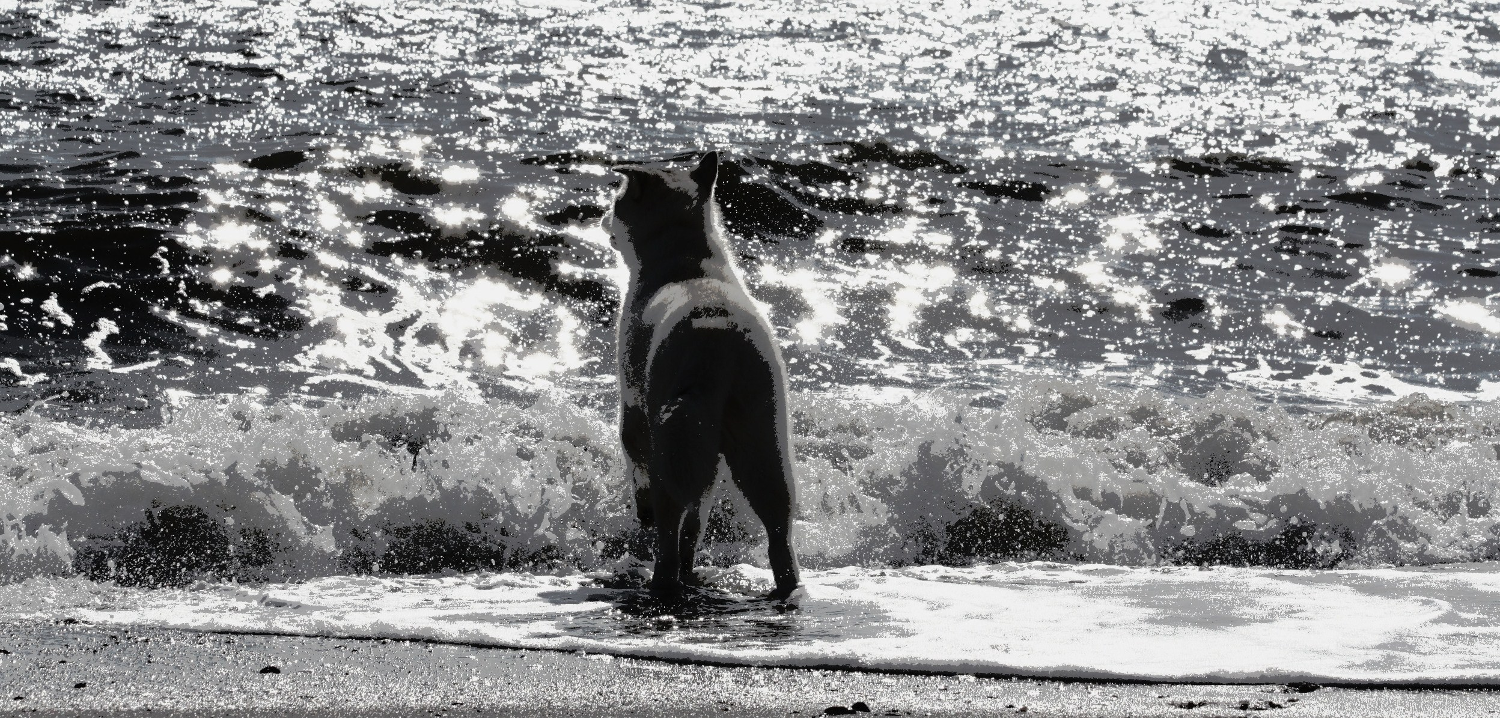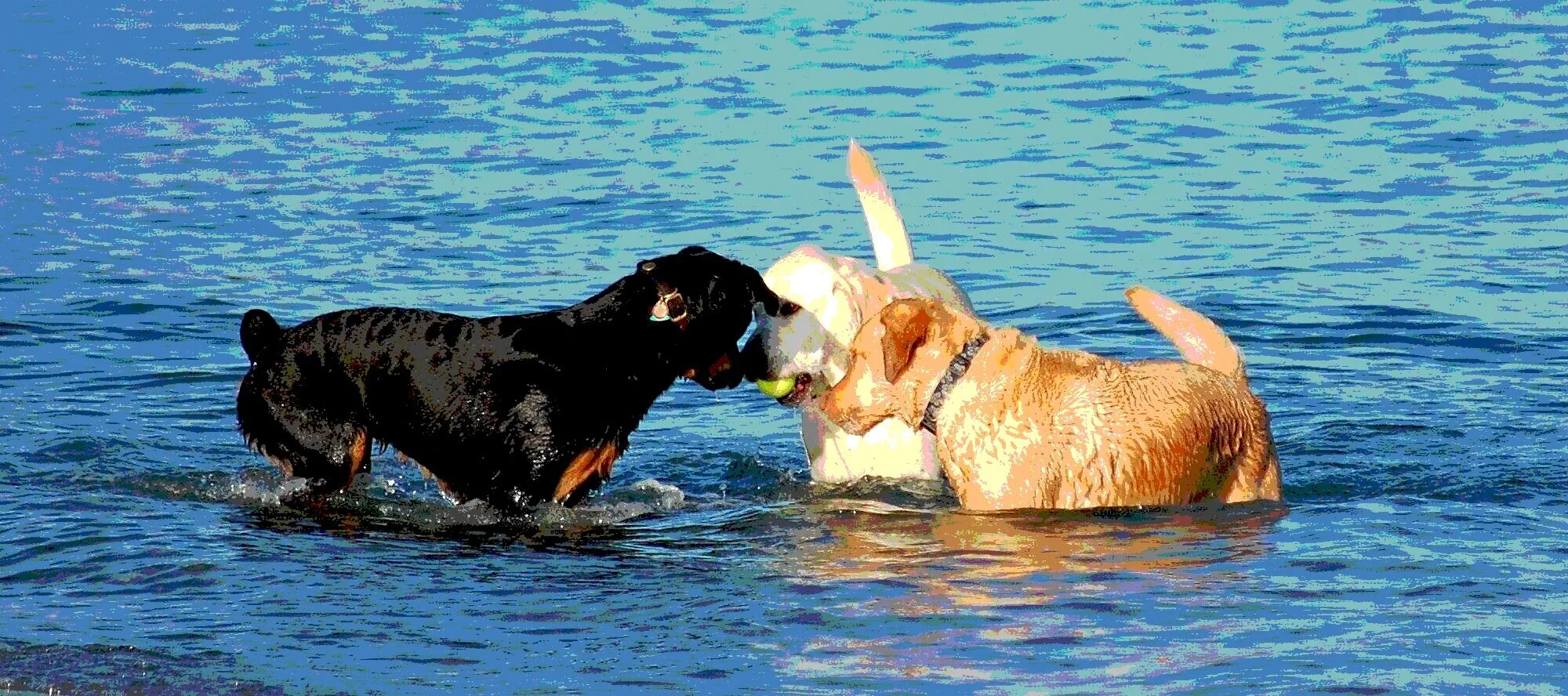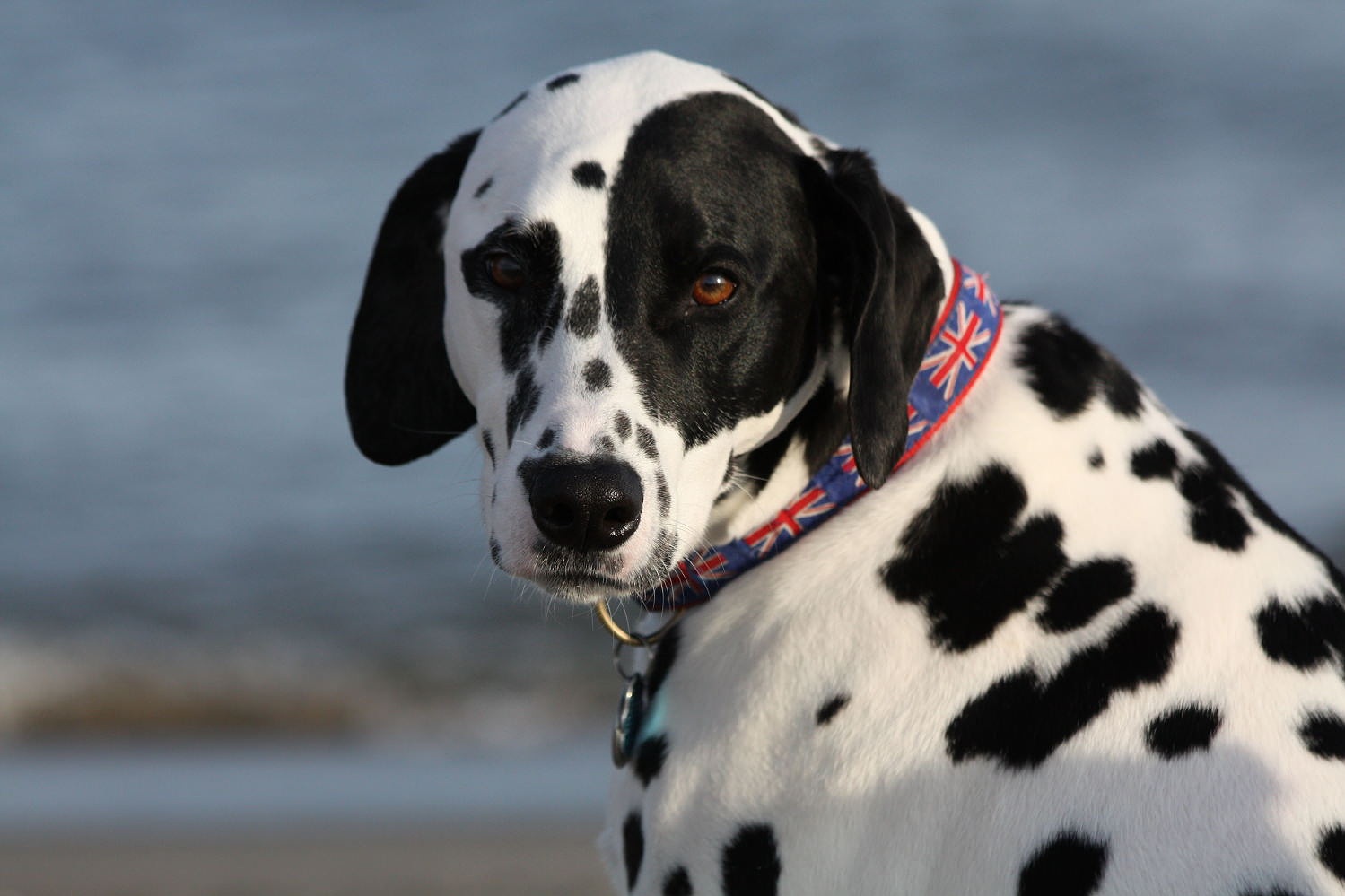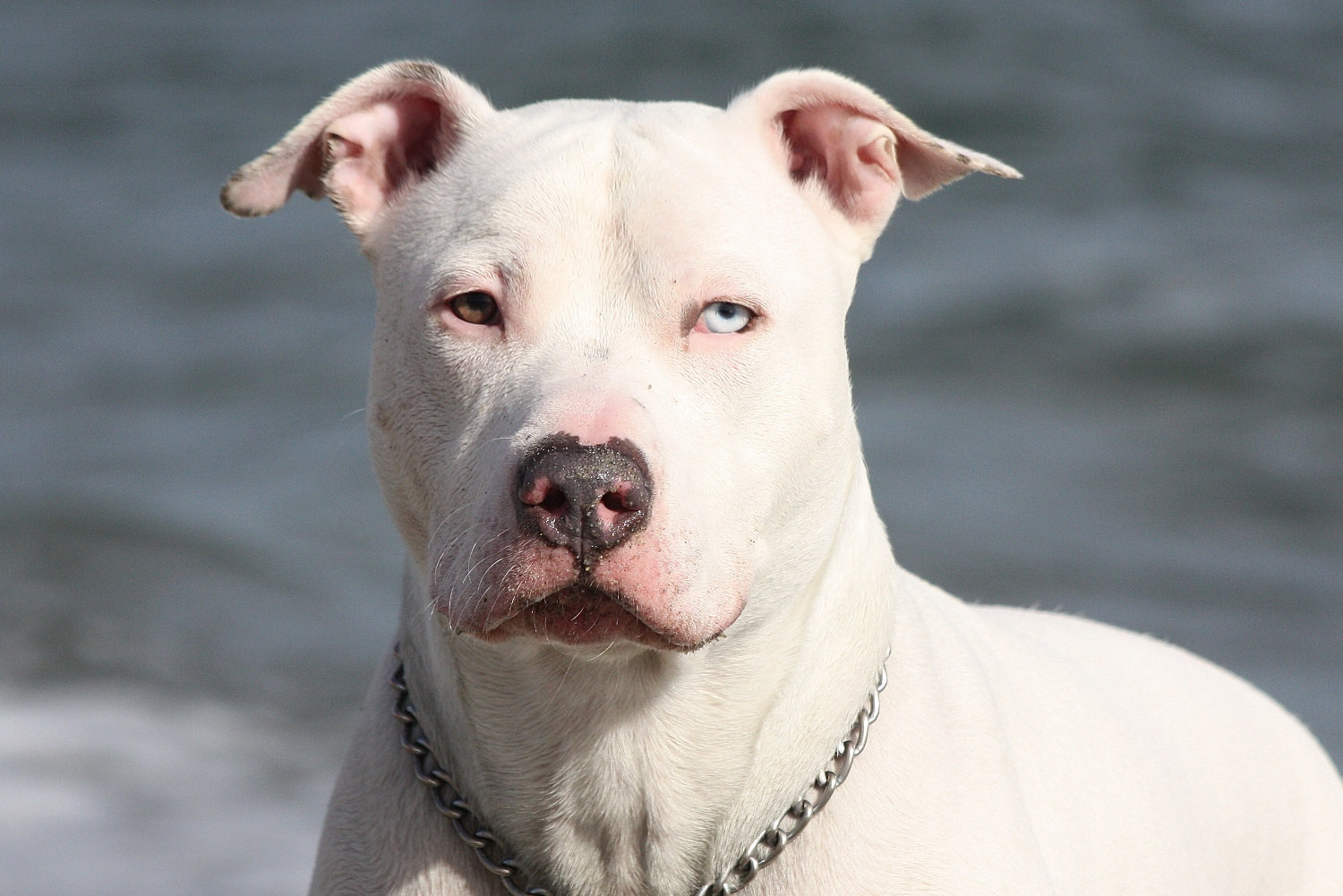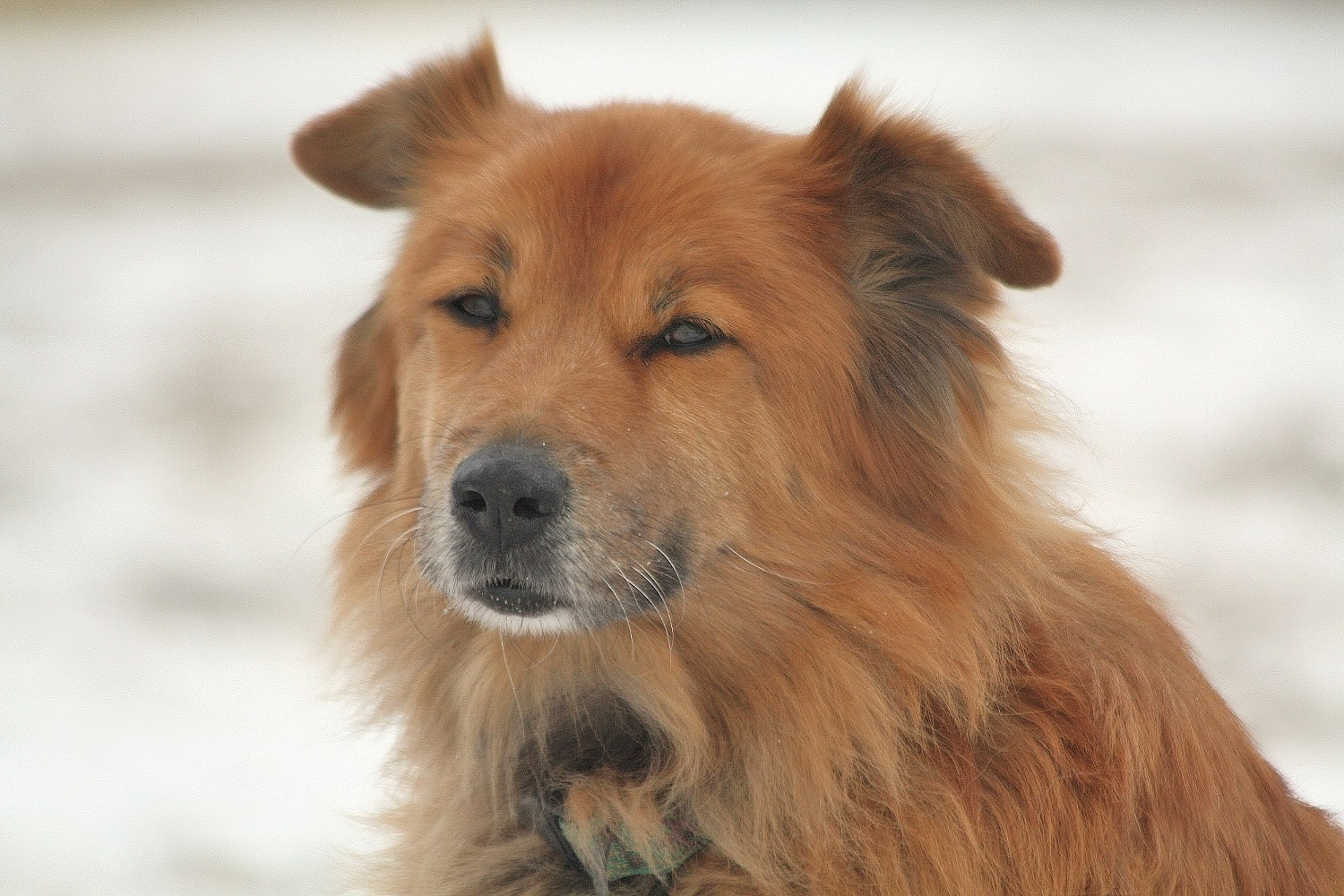No Costs or Dues.
No Spam.
Privacy.
We invite you to participate in discussion and negotiation, and as a group, will work to represent your interests to ensure that your voice is recognized by Town of Fairfield government.
Support efforts to maintain long-term stability for legitimate, orderly, and mutually respectful access for family dogs at our beaches by adding your name to our E-mail notification list. We will keep you informed of news, monitor Parks & Recreation Commission meetings, and offer you opportunities to participate in members-only polls.
Adding your name to our list does not commit you to any participation other than to lend your “virtual ear” at your convenience, so that you are aware of current information.
We do not share your E-mail address (or any other information that you choose to submit) in ANY fashion.
WORKING TO ENSURE LONG-TERM STABILITY OF BEACH ACCESS FOR DOGS IN FAIRFIELD
Our E-mail
Notification List is
STRICTLY CONFIDENTIAL
Your privacy is important to us: we regard the confidentiality and protection of member information as one of our fundamental responsibilities. Your E-mail address is not displayed to anyone in any message that we send, and member portals are password-access only.
All forms on this site are encrypted for privacy.
Where you live isn't
important
While presently the majority of our members are Fairfield residents, our roster is not limited in any way geographically, or by taxpayer status: our membership roster extends well beyond the town, borders of Fairfield County itself, and into other states; and we are keen to represent their thoughts on this important issue.
As discussed on our page about our membership, “Who We Are...,” it is beyond challenge that out-of-town dog guardians represent an important economic resource for Town of Fairfield, and which we posture that our local government should be duly attentive toward. We actively encourage non-resident participation as an important contribution to the scope and balance of dialog on this issue, highly valuing such opinions as influential in shaping the reputation of Town of Fairfield as a family-friendly community in which to visit, live,
and work.
Secure Form
privacy assured:
All Forms on this site are Secure
(ssl encrypted)
“After a lifetime with dogs, I believe that they are aware of and understand death. Though some may choose to interpret a dog’s quiet acceptance of another’s death as evidence there is no awareness, there is another interpretation that better fits what I have experienced. Dogs accept death for what it is: a natural process that none of us may escape. I believe that dogs have a deep connection that we have as well, but ours is corrupted with complex overlays of knowledge, fear, and civilization that draw us ever further from the natural tides of life and death...”
... There are those who point to the dog’s lack of fear in the presence of dying as proof that he has no awareness of death. But it is a telling supposition that an awareness of death must equal a fear of it.
This is not to say that they readily give up their hold on life:
many struggle mightily, sometimes successfully, sometimes in vain, in the battle that we all must eventually lose.
But I have also seen dogs welcome death without fear.
Because I was there, riding the moments down the homestretch to the final heartbeat at the wire,
I can say that I have seen the awareness in their eyes.
I cannot say how McKinley died—
I was not there and so do not know if he welcomed death or fought against it.
When I found his body lying at the back door, there was no fear on his face, only a surprised look,
as if death had caught him unaware. For a blessed, fleeting moment,
I thought he was simply sprawled on his side as he often was after a romp in the yard.
But that moment was only a heartbeat, and then I knew, before I touched him.
Grief mixed with relief.
This was the moment I had dreaded, and anticipated with so many tears. The waiting was over;
now, at least for a while, I could push death’s hovering presence away from me again.
There was also elation, difficult to explain.
Stroking his head, calling his name, I realized that I had met this moment as I hoped I might.
I had learned that no matter how much you love something, it is impossible to hold on so tightly that death cannot slip it from your grasp. But you can hold on so tightly that life cannot get through.
I had held McKinley as lightly as I knew how,
trying hard not to wait fearfully for the moment that he was gone
but with gratitude for each moment that he was here.
I had no regrets, no words or actions that I would take back.
Guided by McKinley himself, I had given him a full life.
Had he lived longer, perhaps I would have failed him.
Time is both a blessing and a curse to any relationship—time to get it right, time to get it wrong.
But somehow, I had succeeded.
He taught me, more than any person I had known, that to live fully is to let go of fear.
Mine is not an elevated existence lived in a state of constant, deep awareness.
Like anyone, I find myself annoyed by dogs underfoot, by puddles on the floor,
by papers cleared from tables by wagging tails.
I sometimes forget to be thankful for the warm animal bodies that curl next to me in bed,
and instead complain about a lack of blankets to call my own.
I pull dog hair from our food and long ago surrendered to the impossibility
of keeping home and self spotlessly clean against an endless onslaught of muddy paws and sloppy wet kisses.
I daydream occasionally of an animal-free life where my time, energy and resources are squandered on me alone.
But the lesson of McKinley has spilled over, far beyond the immediacy of his life and his death.
Now, when my dogs offer a kiss or invite me to play,
I am less quick to push them away if I am feeling pressured or busy.
I try to accept their gifts of the moment, reminding myself that I am poor indeed
if I can’t spent time accepting the unconditional love offered me every day by my dogs.
On my left shoulder, death sits quietly, not a horrific figure but a source of wisdom on loving and giving.
There is a cycle of love and death that shapes the lives of those who choose to travel in the company of dogs.
It is a cycle unlike any other. To those who have lived through its turnings or walked its rocky path,
our willingness to give our hearts with knowledge that they will be someday broken seems incomprehensible. Only we know how small a price we pay for what we receive;
our grief, no matter how powerful it may be, is an insufficient measure of the joy we have been given.
—Suzanne Clothier (Bones Would Rain From the Sky)
